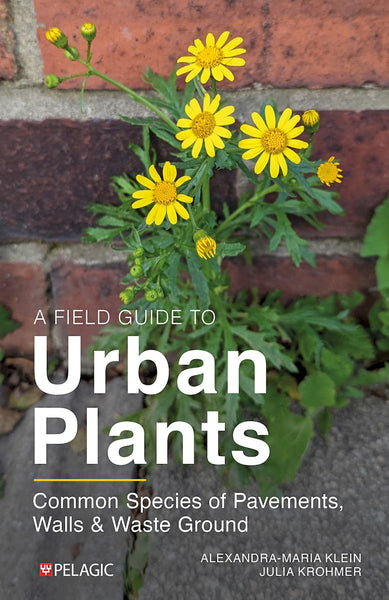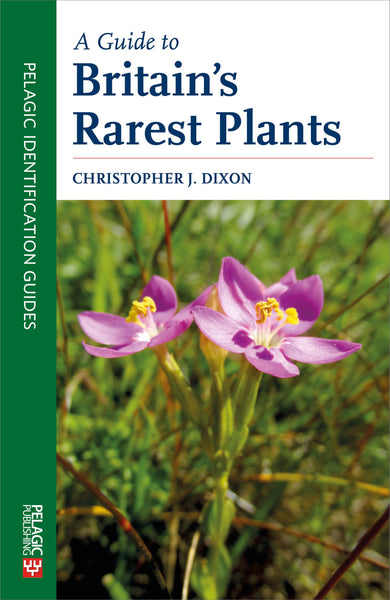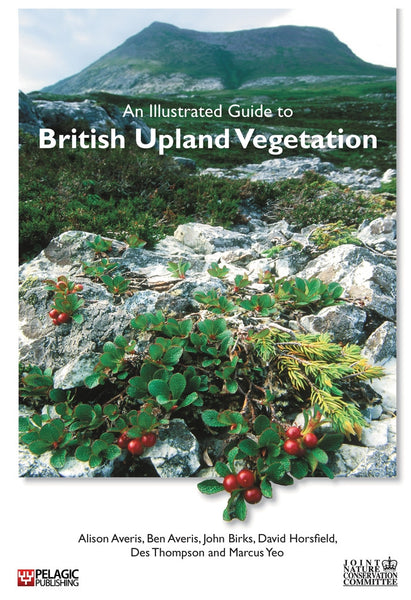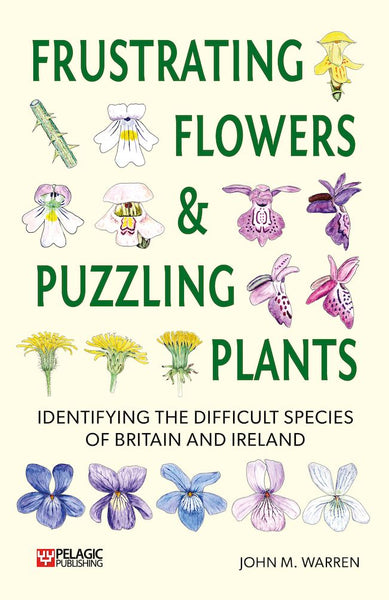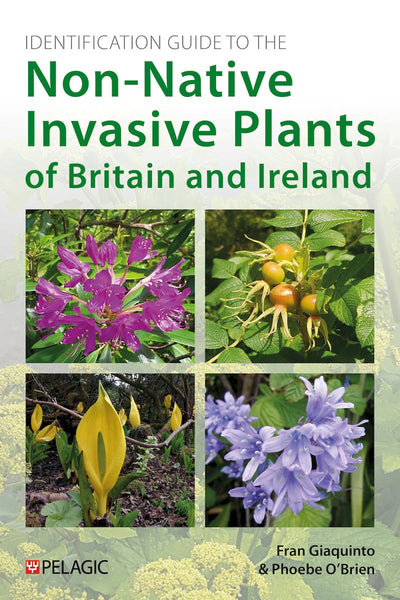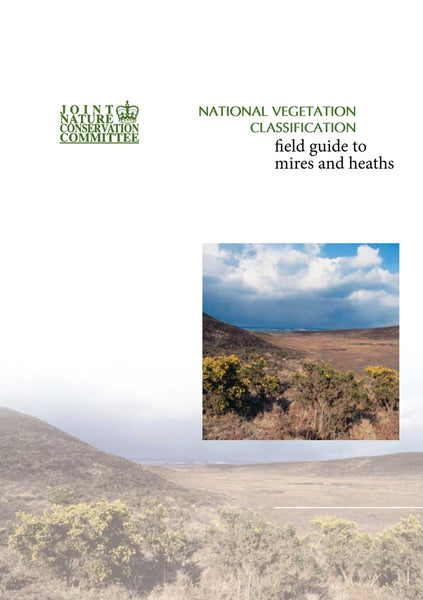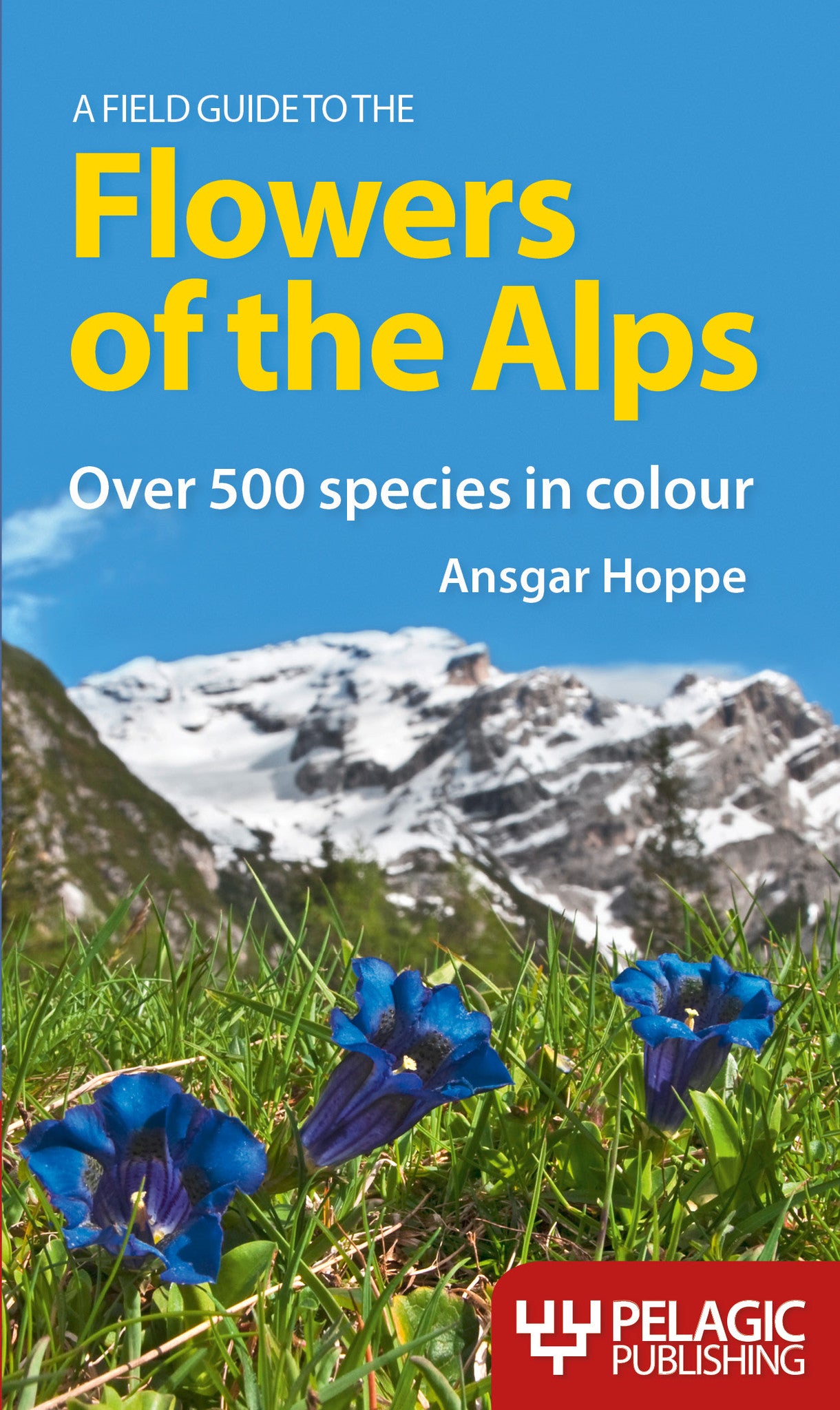
A Field Guide to the Flowers of the Alps
- Make a quick, reliable identification of each plant
- Notable characters clearly highlighted
- Covering 500 species, each with colour photographs
- Hoppe’s compact guidebook is a standout... a valuable travel companion.
—Peter Schroeder, Plant Science Bulletin
- alpine
- alpine flora
- alpine flowers
- alps
- field guide
- flora
- flowers
- plant taxonomy
- plants
- wild flowers
Description
Explore the colourful world of alpine flowers. This practical book will help you make a quick, reliable identification of each plant, with concise descriptions and illustrations for individual plants to enable differentiation from similar species. Flowers can be identified quickly from colour and shape. The notable characters of each plant are clearly highlighted.
Covering 500 species, each with colour photographs, this compact guide is designed for walkers and botanists. For each plant the common name, scientific name, flowering time, plant height, protected status, and distribution (habitat and altitude) are described.
Readership
Perfect for anyone visiting the alpine regions of France, Monaco, Switzerland, Liechtenstein, Austria, and Slovenia, including Germany to the north and Italy to the south.Table of Contents
An introduction to alpine flowers
Alpine flowers by flower colour
Red flowers
White flowers
Blue flowers
Yellow flowers
Green/brown flowers
Index
Botanical terms illustrated
The Alps – map of the regions covered
Reviews
- Europeans sure know how to produce pithy guidebooks that are models of economic presentation. Hoppe’s compact guidebook is a standout. It covers Europe’s Alps, a 1200-km arc straddling (from west to east) France, Monaco, Switzerland, Liechtenstein, Austria, and Slovenia, including Germany to the north and Italy to the south... Hoppe is a valuable travel companion.
—Rudolf Schmid, Taxon - The overall goal of this book, though, is to provide a comprehensive guide to the alpine flowers, in their diversity and beauty. In this, I think the authors have done quite well. The guide lists 500 species, and the content is easy to read and provides an efficient overview. With some practice and regular use, this book will be a nice field guide for first use and occasional reference and will stimulate the user to seek additional information from more comprehensive textbooks.
—Peter Schroeder, Plant Science Bulletin
About the Author
Plants have always been important to Ansgar Hoppe. After working in forestry, he studied biology at the University of Osnabrück and gained his PhD in botany and vegetation science at the Institute of Geobotany at the University of Hanover. He learned about the plants of the Alps and other European mountains through numerous excursions. Since then he has been scientific associate at the University and the Niedersächsischer Heimatbund (NHB) [Heritage Association of Lower Saxony] in Hanover. He is involved with many projects researching conservation of the cultural landscape, as well as working freelance as a botanical expert and author.
Bibliographic Information
 192 pages
192 pages - 520 colour photographs, colour maps and botanical illustrations
- BISAC NAT013000, SCI011000, NAT037000
- BIC WNP, PST, 1DFHA












